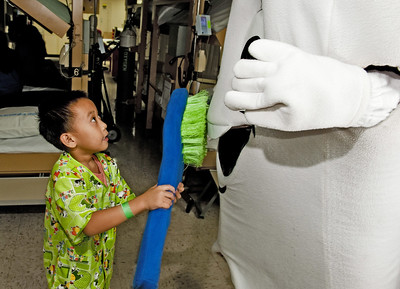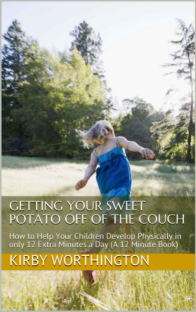If you’ve been following our blog posts, you will have seen the last one on the topic of pretending. It was about when pretending might start in your wee ones, why, and some implications to consider. In this post, we’d like to list out some practical ways to increase the development of your child’s imagination. We will give concrete ideas and ways to play together.
First, though, a reminder: when your wee ones start to develop imagination, be aware that little brains work differently than adult brains. (Children are not simply like adults, but small; they are different.) Little minds do not have the experiences, memories, words, or even wiring to imagine what adults find easy to imagine. This one observation has at least two practical implications: One, when helping your child imagine something, it is helpful to engage and develop all of their senses as well as all the words that go with the senses. Two, rather than simply asking the child to imagine something, many times it takes the adult doing something the first time and giving words for it, then interacting with the child in an imaginative state.
One of our jobs is to help our children simply notice the sights, sounds, feelings, etc. that we take for granted. Pointing these out will help develop the various parts of their brain (e.g. the visual cortex). We also help the child interpret what they are seeing and help them to learn the words to describe these things. As they become increasingly aware of the world around, they begin to develop something very helpful in this world: “artist’s eyes”.



